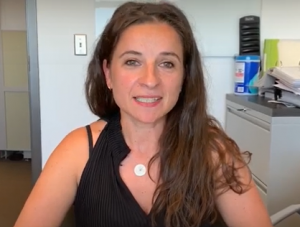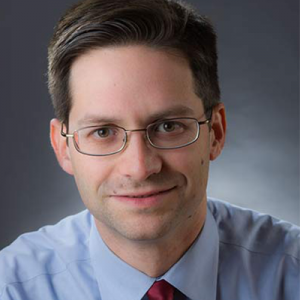 In 2016, we asked our Medical Advisory Board to help us develop a revised research investment strategy that would accelerate the development of treatments and a cure for celiac disease. The Medical Advisory Board, composed of a number of the leading celiac disease researchers and clinicians from around the world, told us that the number of biomedical researchers choosing to go into celiac disease was alarmingly small relative to other gastrointestinal and autoimmune diseases. A robust pipeline of researchers focusing on celiac disease was essential to keeping the field invigorated with ideas and talent. The reasons for the scarcity of celiac-specific researchers centered largely around money. At the time, there was precious little federal and biopharmaceutical investment in celiac research.
In 2016, we asked our Medical Advisory Board to help us develop a revised research investment strategy that would accelerate the development of treatments and a cure for celiac disease. The Medical Advisory Board, composed of a number of the leading celiac disease researchers and clinicians from around the world, told us that the number of biomedical researchers choosing to go into celiac disease was alarmingly small relative to other gastrointestinal and autoimmune diseases. A robust pipeline of researchers focusing on celiac disease was essential to keeping the field invigorated with ideas and talent. The reasons for the scarcity of celiac-specific researchers centered largely around money. At the time, there was precious little federal and biopharmaceutical investment in celiac research.
Our response to the lack of a robust pipeline of celiac disease researchers has been comprehensive:
- We have worked hard with Congress to secure funding for celiac disease from the National Institutes of Health.
- We have built a world-class clinical trial recruitment program to lower the cost of drug development, thus helping stimulate research investments from biopharmaceutical companies.
- We created our Research Grant Awards program specifically to identify and fund exceptional researchers in the field. To date, we have made five Research Grant Awards totaling $850,000.
Each of our initiatives, all made possible by your generous support, are yielding dividends. As part of our efforts to convey to you how we are investing your philanthropy, I want to share a few highlights from research studies published in peer-reviewed journals in the last few months that are products of the research grants we have awarded.

Dr. Valerie Abadie, Ph.D., a researcher at the University of Chicago, has been a world leader in developing mouse models with celiac disease. Mouse models are important because they offer researchers an opportunity to analyze disease and potential treatments in rapidly developing biological environments that, in many cases, can be inferred to humans. Dr. Abadie co-authored a study in the Journal Gastroenterology that demonstrated in a mouse model that B-cells, not just T-cells as has long been thought, are involved in the destruction of healthy villi in celiac disease. This finding is important because it invites researchers to consider therapies that target B-cells as a possible path to reduce villous atrophy in celiac patients.
Dr. Benjamin Lebwohl, MD, is the Director of Clinical Research at the
Colu mbia University Celiac Disease Center and has published a series of studies recently focused on the epidemiology of celiac disease. In his research exploring celiac disease patients and cancer risk, Dr. Lebwohl confirmed what prior research has concluded: celiac disease is associated with an increased risk of small intestine cancer. Dr. Lebwohl’s study on celiac disease and skin disorders found that patients with celiac disease are at an increased, long-term risk of numerous common skin disorders compared to the general population. And finally, his research on hospitalization and mortality risk of celiac disease patients and COVID-19 concluded that patients with celiac disease who are infected with COVID-19 are not at higher risk of hospitalization, mortality, thrombosis, or ICU care requirement compared to COVID-19 patients without celiac disease.
mbia University Celiac Disease Center and has published a series of studies recently focused on the epidemiology of celiac disease. In his research exploring celiac disease patients and cancer risk, Dr. Lebwohl confirmed what prior research has concluded: celiac disease is associated with an increased risk of small intestine cancer. Dr. Lebwohl’s study on celiac disease and skin disorders found that patients with celiac disease are at an increased, long-term risk of numerous common skin disorders compared to the general population. And finally, his research on hospitalization and mortality risk of celiac disease patients and COVID-19 concluded that patients with celiac disease who are infected with COVID-19 are not at higher risk of hospitalization, mortality, thrombosis, or ICU care requirement compared to COVID-19 patients without celiac disease.
Studying the long-term health effects of celiac disease continues to be important while we work toward a cure. Please know that your gifts to the Celiac Disease Foundation are making a difference. We strategically invest in biomedical research because we want to end celiac disease in our lifetime. We strategically invest in celiac disease researchers at the world’s finest academic medical centers because we want to build and sustain a pipeline of celiac disease researchers who are willing to ask and answer the tough questions that will lead to treatments and a cure.
Thank you for your continued support in solving celiac disease together.
To Our Health,
Marilyn G. Geller
Chief Executive
